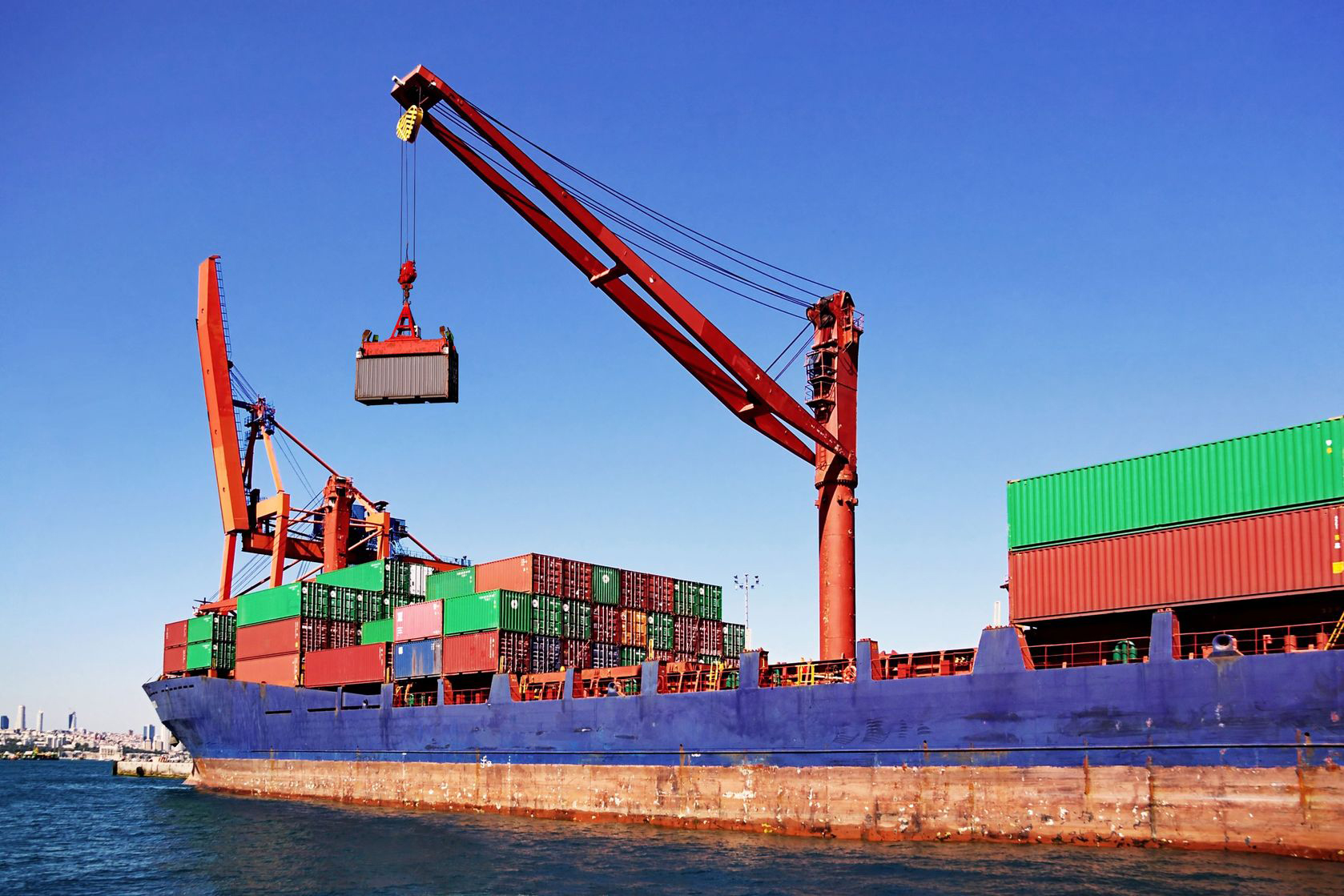Protectionism has ebbed and flowed in America, but never disappeared. Peaks include the “Tariff of Abominations,” kindling for the Civil War, and the Smoot-Hawley Tariff, kindling for the Great Depression.
Protectionism is rising again today. It was a central plank of Bernie Sanders’s campaign, a source of big-time Trans-Pacific Partnership waffling by Hillary Clinton, and Donald Trump’s remedy for a nation that doesn’t “win anymore.” But rather than the panacea it is always promised to be, it will in fact be a government war on most Americans on behalf of those it favors.
Perhaps one reason protectionism seems appealing to politicians and their supporters is the word’s root in “protect” or “protection,” which sound like very good things.
We all want to protect ourselves and what is ours and resist others’ invasions of our “unalienable rights.” Since the writings of John Locke, that protection has been recognized as the primary task of any government that would advance the well-being of its citizens. That is why a central role of our federal government is national defense against foreign invasion. Similarly, the central role of police, courts, and jails in the states and localities is to protect citizens from their neighbors’ invasions.
Unfortunately, while using the same vocabulary, protectionism is very different from those sorts of protections that we all want. And the key word is all.
We all want ourselves, our rights, and our property protected. National defense is to protect all of us. Police are “to protect and serve” all equally under the law.
But protectionism does not, and cannot, protect all. Protectionism provides special treatment for the politically powerful at the expense of others’ rights and well-being. It harms Americans who choose to patronize foreign sellers, not to mention those sellers too.
The harm to foreigners gets dismissed as unimportant by all the “America first” rhetoric circulating today. But that is not the end of the discussion. Even if we ignore protectionism’s harm to foreigners, their reduced earnings from American trade will harm other American producers by reducing overseas demand for their products. Moreover, many imports are producer’s goods, so interfering with that trade would raise the costs of American products in the world market, making them less competitive. Other American producers would be harmed when foreign countries retaliate with their own protectionist measures.
Even more important, protectionism harms all Americans, even those who are otherwise “protected,” as consumers by taking away options they find most attractive. (This is why economists say protectionism reduces real wealth, which essentially consists of better options.) Dismissing harm to foreigners as unimportant erases neither the indirect harm to unprotected American producers nor the direct harm to American consumers on behalf of “special” American producers. Being anti-free trade is no way to “stand up for the little guy.”
Protectionism restricts choices and competition, crowding out mutually beneficial arrangements for the vast majority of Americans. It cannot benefit us all. Only by drawing attention to the alleged benefits and away from the far larger costs can it even appear to do so.
Imposing harm on most Americans is an odd solution to “we don’t win anymore.” And it leaves unanswered the question of why some Americans should be singled out to receive government-imposed coercive charity from the rest of us.








